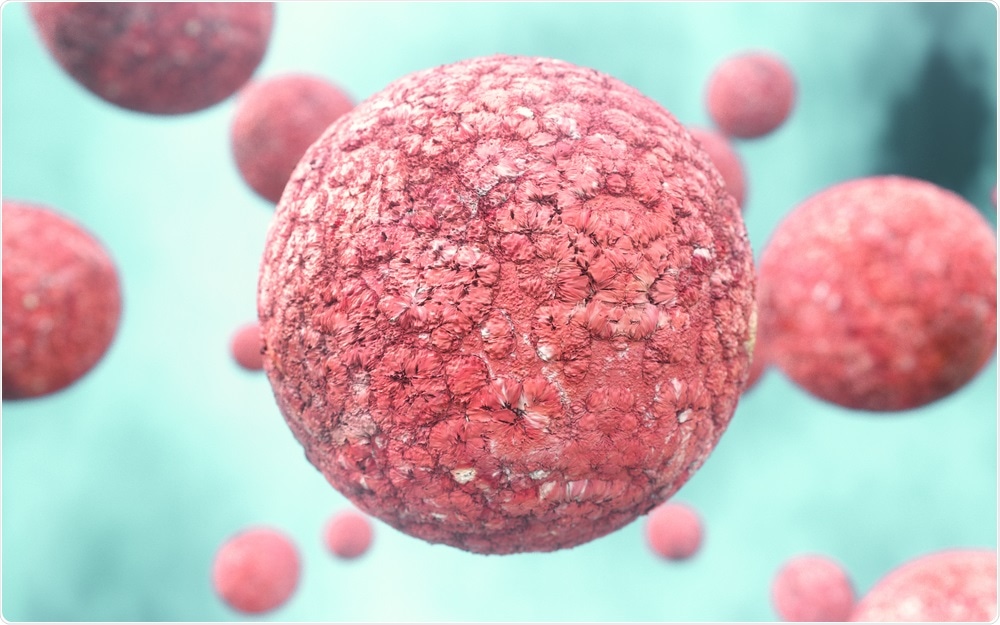
Researchers discover how MAPK translocation leads to drug resistance in melanoma
Researchers at the University of Pennsylvania have found that two mechanisms used by a subset of melanoma to resist treatment are connected to each other. The finding could pave the way for new approaches to overcome resistance to therapies.

Crevis | Shutterstock
Scientists were already aware of the two resistance mechanisms, but until now, the two mechanisms were thought to have been discrete.
In a study of drugs that target the BRAF and MEK genes as a treatment for melanoma, Rani Ojha and colleagues demonstrated how melanoma develops resistance using a two-stage process.
The study showed that the two resistance mechanisms are linked by a process called ER translocation, with the first mechanism triggering activation of the second mechanism.
Since drugs that inhibit some of the steps involved in ER translocation already exist, the finding could lead to new approaches to combating treatment resistance.
BRAF mutations that occur in the MAPK genetic pathway are known to promote tumor growth in melanoma.
The mutations can be targeted with BRAF and MEK inhibitors, which block an important protein in the MAPK pathway called ERK.
Although treatment with a combination of these inhibitors has improved treatment response rates in melanoma, drug resistance often emerges, reversing the beneficial effects for patients and limiting their survival.
The first resistance mechanism is ERK reactivating itself, which reduces the effect of the inhibitor. The second mechanism is a process called autophagy, where cancer cells recycle their components as a way of surviving.
Now, Ojha and colleagues have not only identified how ERK reactivates itself, but also that it is this reactivation that promotes autophagy.
As reported in Cancer Discovery, when BRAF and MEK inhibitors are used to target melanoma cells, proteins such as ERK in the MAPK pathway move from the cytoplasm into the endoplasmic reticulum (ER).
The team found that this ER translocation is needed for ERK reactivation, which then promotes autophagy.
The researchers say that since drug inhibitors of that regulated process already exist, it may be possible to develop a combination therapy that can block both ERK reactivation and autophagy to enhance patient outcomes.



































No hay comentarios:
Publicar un comentario